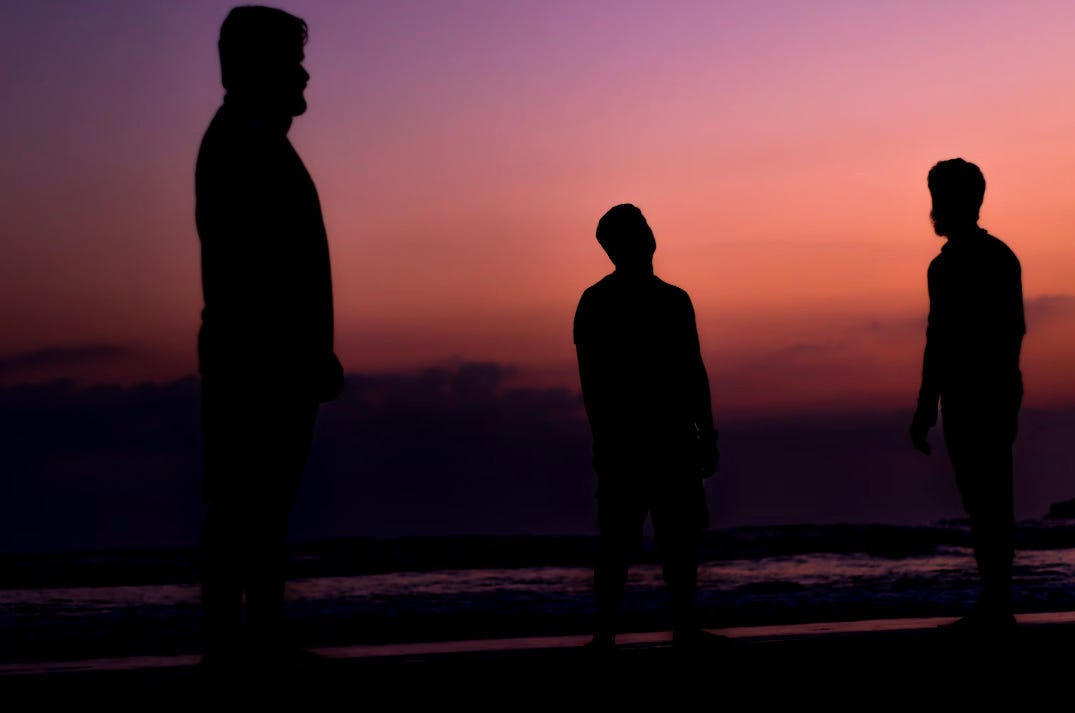The Antidote to Writer's Block is Friendship
Your experiment is worth sharing
Two writer friends and I meet weekly online to fend off the creep of our self-doubts and encourage each other to publish.
“I just kind of went through a dark night of the soul,” one of them said, at the very end of our group call.
For fifty-seven minutes of our scheduled hour, my friend’s eyebrows had been knit in concentration, like he was silently worki…




